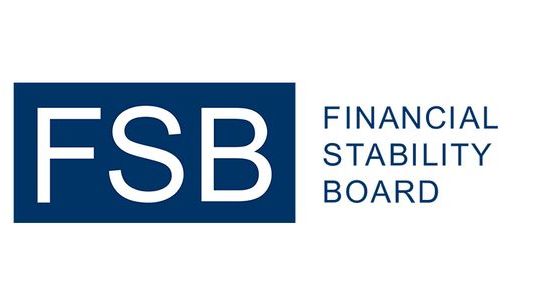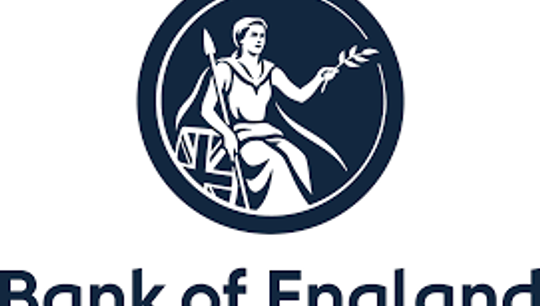Private credit and the European question
By Nick Smith, Director, Alternative Credit Council
Published: 21 June 2019
The Alternative Credit Council’s (ACC) Nick Smith shares his thoughts on the current policy outlook for private credit ahead of the next European legislative cycle
The ACC and a group of its members met with policymakers in Brussels last week. This is part of our ongoing series of roundtables across Europe. We were pleased to be joined by attendees from the three main European institutions – the Commission, Parliament and Council – as well as the European Investment Bank.
This roundtable provided us with the opportunity to share our knowledge and experience about non-bank lending practices in Europe. This involved presenting our latest data on the market including the findings of our recently published white paper on non-bank lending in Europe. I’m extremely grateful to our members who were able to supplement this with more specific examples of how they are lending in Europe and the challenges they face. Being able to share these ‘lived experiences’ with policymakers is an extremely effective means of communicating the need to nurture the sector through targeted reforms.
Our conversation was very much a two-way street with policymakers posing some thoughtful questions about risk management that allowed our members the opportunity to explain their investment process. Central to our discussions was the question of whether the development of private credit is being led by the supply of investor capital or demand from borrowers. While market supply and demand forces were noted as playing a central role, it was interesting to explore the impact of legal and regulatory issues on market growth in Europe. These often have a greater impact on market growth and the choice of lending instrument in any particular jurisdiction.
A quick tour through the reforms passed (or not passed) by Member States, and the respective growth of non-bank lending in these markets, provided a stark illustration of how market openness has affected the growth of private credit in Europe. One counterpoint suggested was that the benefits of non-bank lending are often unevenly distributed across Europe, making some Member States less disposed towards the reforms needed to support market growth. Garnering a broader base of support within the policymaking community may, therefore, require the private credit industry to highlight its positive impacts outside of the more familiar markets.
Crystal ball gazing was kept to a minimum, given the absence of clarity around the key roles and priorities that are still to be determined within the EU institutions. Participants did feel confident enough to highlight three key areas that would shape perceptions of private credit. Firstly, the need for better non- bank lending data to inform policymakers remains a critical issue. Secondly, policymakers will continue to be vigilant on the potential impact of non-bank lending on financial stability. Finally, insolvency and the role of private credit in stressed or turnaround situations will have a strong bearing on how the sector is perceived through the economic cycle. I look forward to addressing these issues and many more through the ACC’s ongoing advocacy in Europe.
A huge thank you to Allen & Overy for supporting this discussion with their expertise and hospitality, and to all attendees for their contributions on the day.
You can read more about our previous roundtables below.








